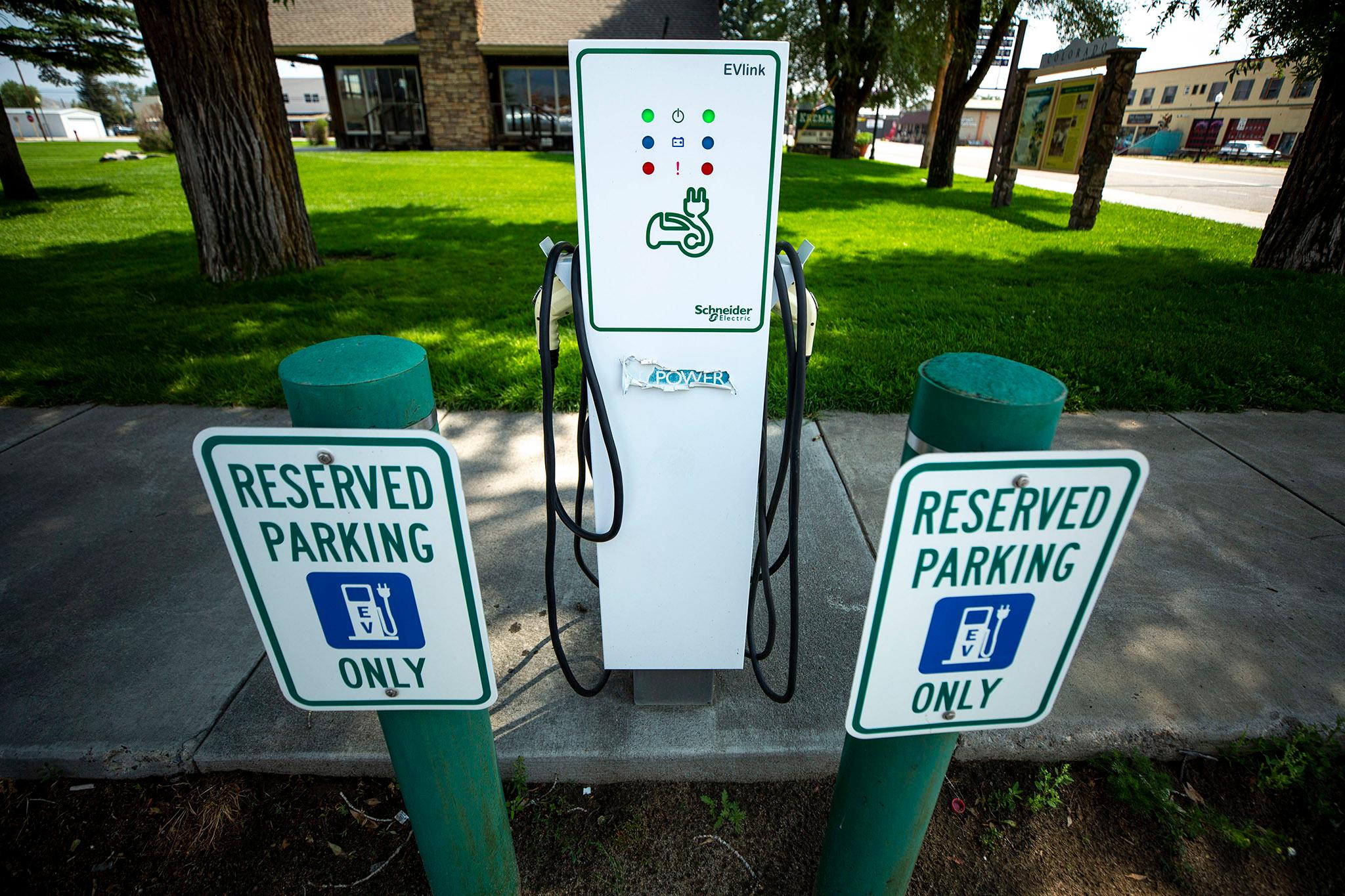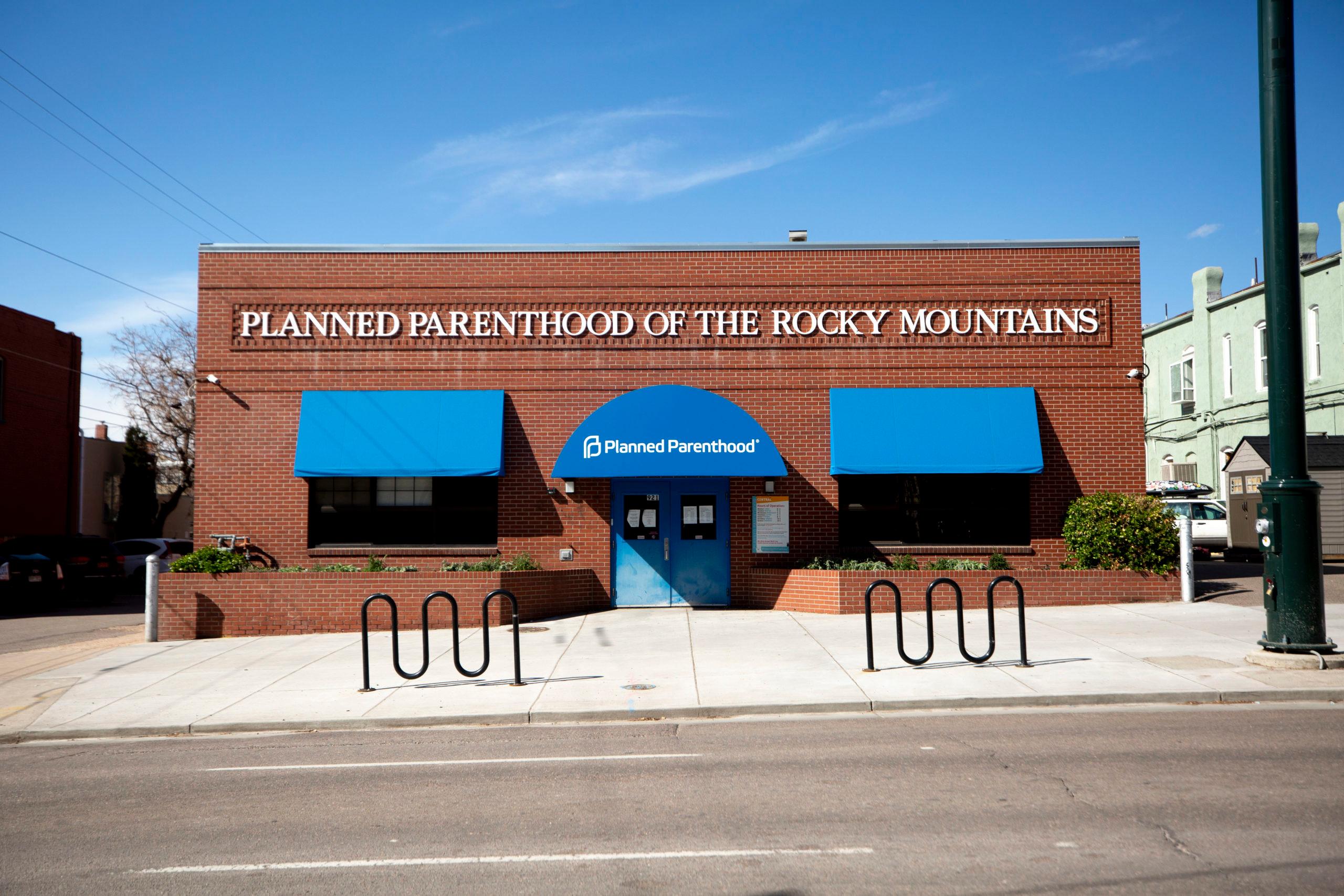
All new apartments and condos in Colorado that include parking would be required to install electric vehicle charging infrastructure under a bill recently introduced at the state Capitol.
The requirement would also extend to multifamily residences undergoing “major renovations.”
“We want to make sure that our buildings support folks who have chosen a vehicle that runs on electricity,” said state Rep. Alex Valdez, D-Denver, a prime sponsor. “Because we feel, at the end of the day, that's the future of transportation for the people of Colorado.”
Proponents point out that putting in the electrical infrastructure necessary to charge electric vehicles is far cheaper to do during construction than to add later in a retrofit.
The bill comes after Gov. Jared Polis vetoed a similar piece of legislation last year over worries that it would increase construction costs and write “inflexible mandates” into law. But he’s signaled more openness to this year’s version.
“Our North Star has always been making sure that it saves people money, and there’s flexibility on the implementation as that technology changes over time,” Polis said at a press conference last week. “It’s my understanding that this [new] bill addresses that.”
The new bill does that by keeping the details of what must be built out of the law. Instead, it relies on EV charging standards for multifamily housing that are being developed now by the state’s energy code board and speeds up their implementation.
“This would help move those forward,” Colorado Energy Office Executive Director Will Toor said last week.
The specifics of those new standards are still in the works. But another law, passed in 2022, set their minimum: at least 20 percent of parking spaces must be EV-ready.
The accelerated timeline has drawn the opposition of the Colorado Association of Homebuilders. In a statement, association CEO Ted Leighty said it would create, “an incredibly uncertain building environment, which could cause further delays with local governments, translating into higher costs for housing units.”
The new bill disregards negotiations the association and other stakeholders held last year, Leighty said, and his group is working on amendments.
Sponsor Valdez said the bill is a “great balance” between interests, one that will ultimately accelerate the greening of Colorado’s transportation sector.
“This is about human health,” he said.
The bill comes as legislative leaders and Polis say they will soon unveil land-use and housing reform proposals intended to spark more construction of multifamily housing. If this bill passes, that new housing would have to be built in a more EV-friendly way.
But it would not require apartments and condos to have parking, period. In densely populated areas near transit, Toor said, parking may not be necessary.
“There's many, many circumstances where the public interest would be served by having very low parking or even zero parking development,” Toor said. “This would not in any way get in the way of that.”
The bill makes a handful of other EV-friendly policy changes, including preventing local governments from adopting regulations to ban EV charging stations unless they are “narrowly drafted to address a bona fide safety concern.”
Another provision would allow the state Department of Transportation to build EV charging stations at rest areas — if the federal government drops its ban on the commercialization of rest areas along interstates.
The bill’s first committee hearing is on Thursday, March 23.
More stories about EVs:
- Popping the hood on electrical vehicles, these high school students will be the next generation of auto mechanics and car designers
- A goofy, Colorado-made electric car is finding a second life with hobbyists
- Like restoring classic cars? Try converting it into an EV








